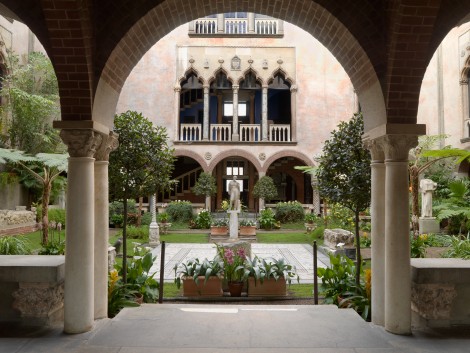What are the Standards, Anyway?
The standards. It’s a term that gets tossed around frequently in the arts education world, sometimes without the speaker really knowing what it means. Few of us know what they are, and even fewer know what the standards are for the arts. Yes, they do exist; and yes, teachers are expected to teach them! Kathleen Dean discusses arts education standards and testing in her article, “What are the Standards, Anyway?” (click to view full article)














